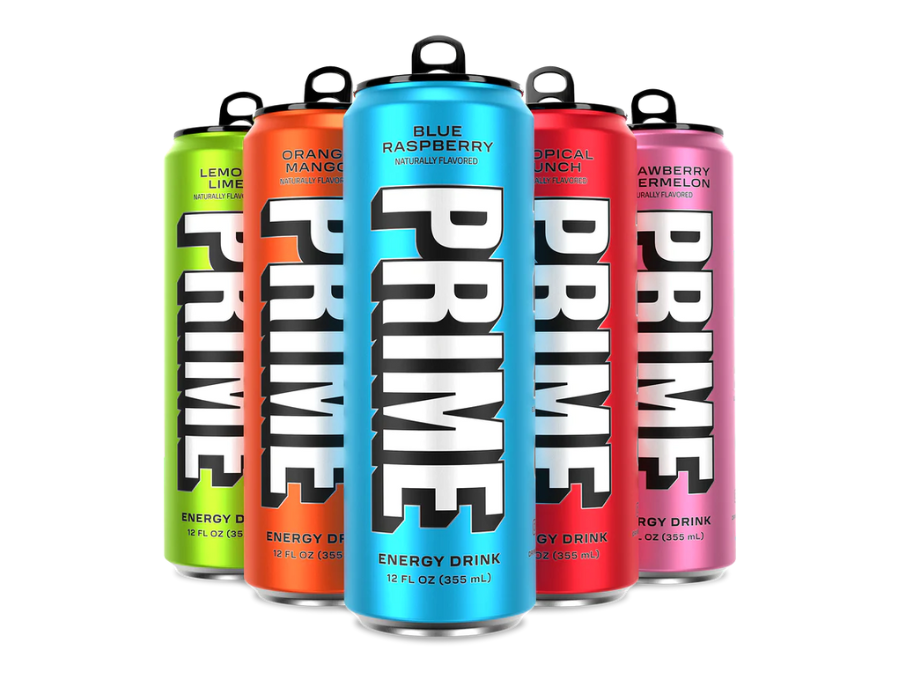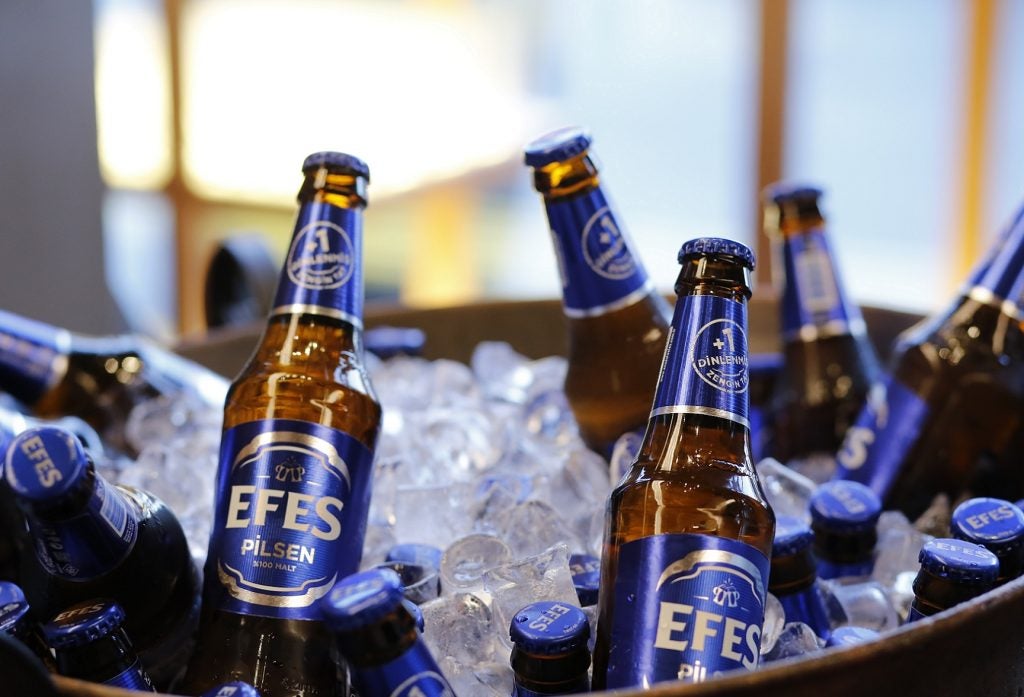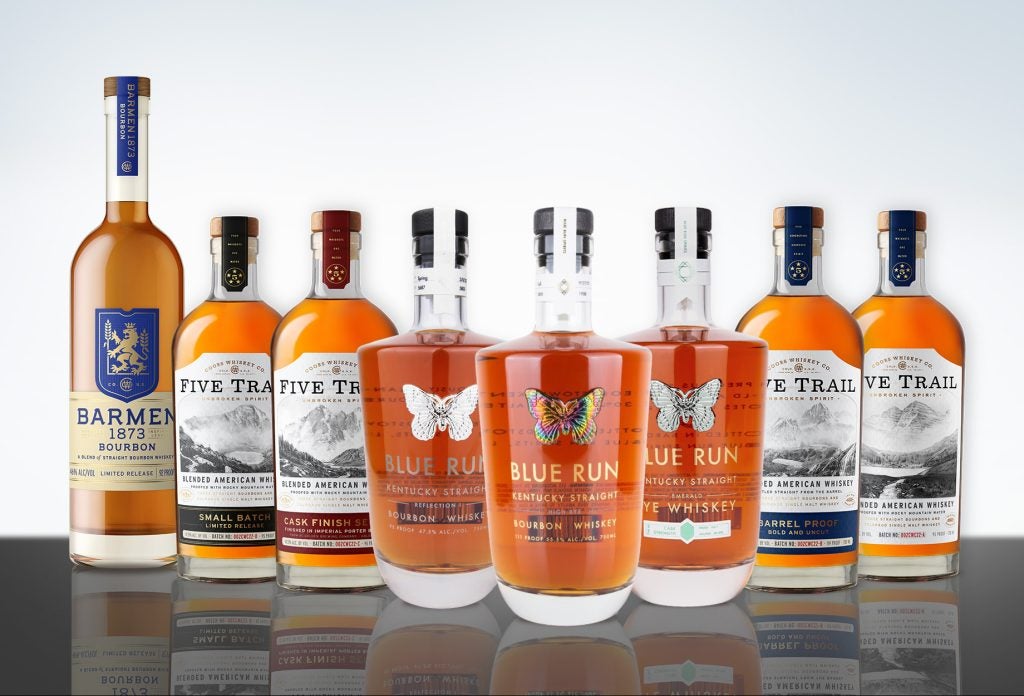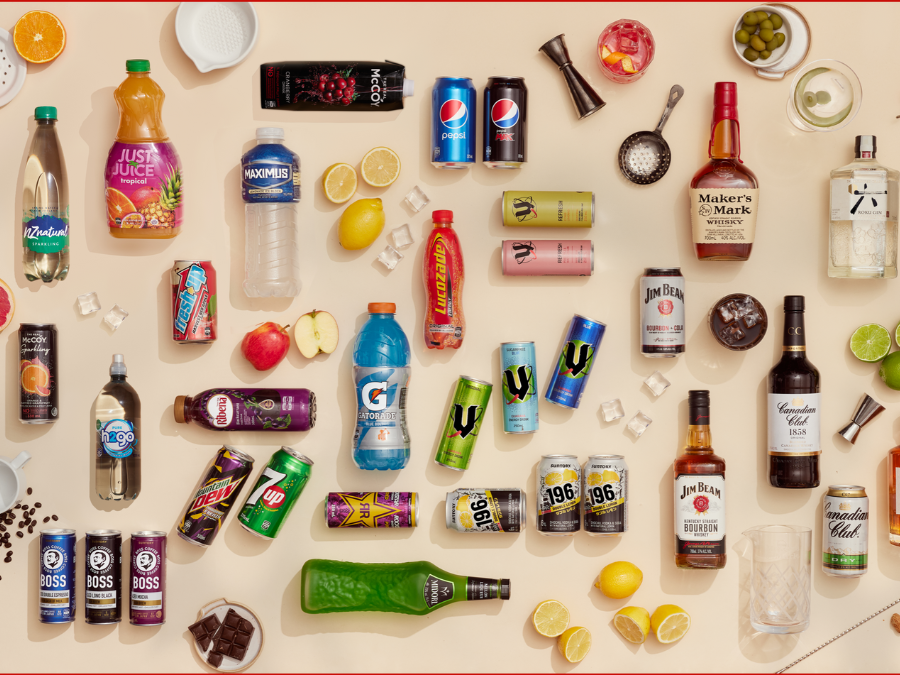The owner of US-based sports beverage brand Prime has hit back against recent criticism of the company’s energy drink products.
YouTube and social media influencer Logan Paul defended the caffeine levels found in Prime Energy drinks.
An interview with Fox Business, he described suggestions of Prime Energy, the caffeinated energy drink variation, being difficult to distinguish from Prime Hydration, the sports beverage product, were “preposterous”.
Prime Energy products are available in 355ml cans (with 200mg of caffeine) in the US while Prime Hydration is sold in 500ml plastic bottles (not containing caffeine).
Nevertheless, last month US Senate majority leader Chuck Schumer asked the Food and Drug Administration (FDA) to investigate Prime’s energy drink products over their caffeine levels.
Schumer stated in a press conference that the energy drinks had “an eye-popping level of caffeine for a young kid’s body”.
Paul responded to these claims, telling Fox Business: “Our energy product says 18+ on the label. It’s also marketed 18+ on every single social media post that we do from the Prime page and it’s an industry-standard amount of caffeine.
“It has 200 milligrams of caffeine and that’s nothing revolutionary or out of the ordinary. It’s the same amount as Gatorade Fast Twitch, which is the same amount as Celsius, and 100 milligrams less than Bang Energy.
“What we’re doing is comparable to every other competitor in the market.”
The WWE wrestling athlete went on to suggest retailers should be scrutinised for the sale of Prime Energy to people under the age of 18.
Comparing the process to alcohol purchases in the US where people must show identification to prove their age is above 21, Paul said: “If we think it [caffeine] is really as unsafe as some of these politicians are saying, and if people like Chuck Schumer really cared then why aren’t we controlling this at the point of purchase?”
Despite Schumer’s rallying for the FDA to probe the drinks brand, which has partnered with major international football teams including Bayern Munich, Barcelona and Arsenal as well as the UFC, Paul clarified he had heard nothing from the US agency.
“Every ingredient in our products is FDA approved. And if they want to reach out and ask any questions, we’re more than happy to answer them because we’ve retained samples from every single batch of Prime that’s ever come off the line. But the fact is, we’re a legitimate business, we have nothing to hide and we take quality and safety very, very seriously.”
Sales of Prime Energy, which includes variations like Lemon Lime, Tropical Punch and Blue Raspberry, were banned in Denmark earlier this year after not conforming to the country’s caffeine laws.
According to the Danish Veterinary and Food Administration, Prime is not registered or compliant with the agency as it has not gone through an approval process.
After announcing the partnership with Bayern Munich, a statement wrote: “Prime has pressured long-term brand competitors for market share in the isotonic category to see a 3.2% market share in just over 12 months of operation.”















